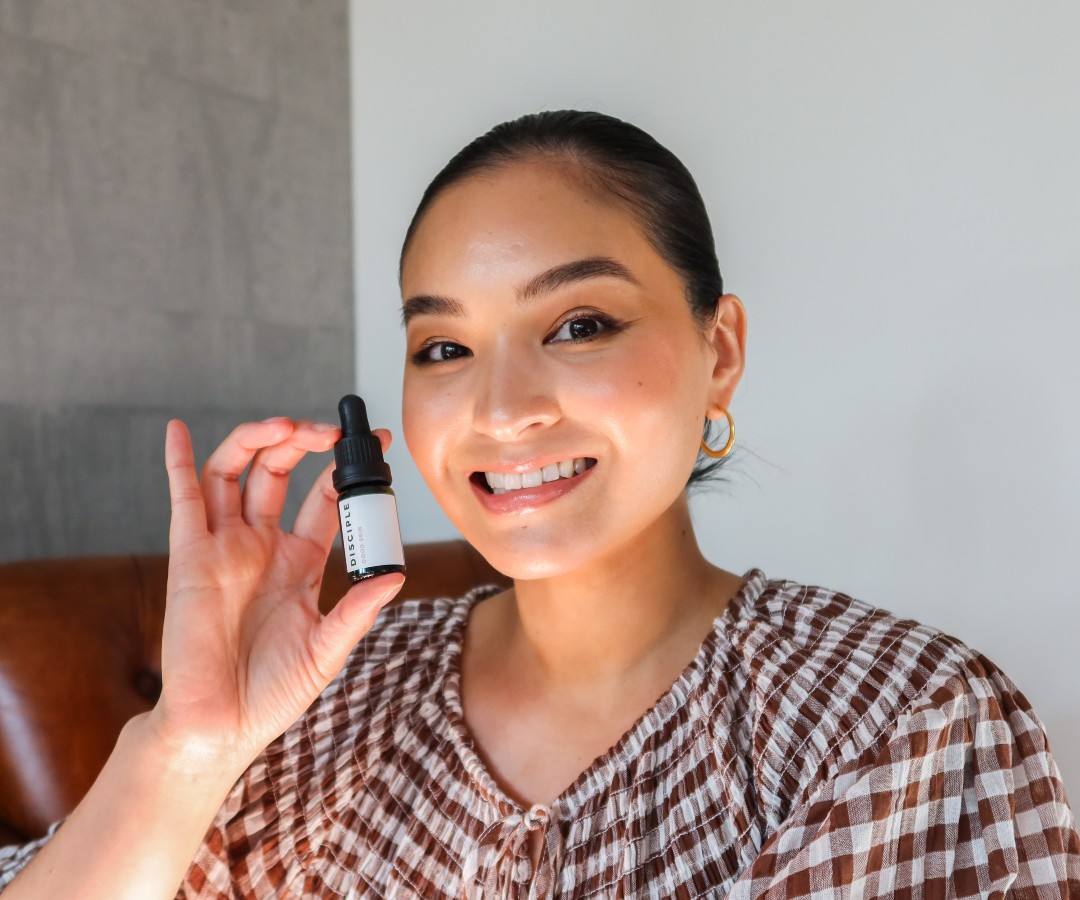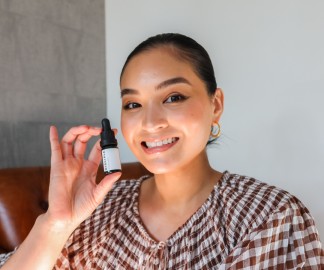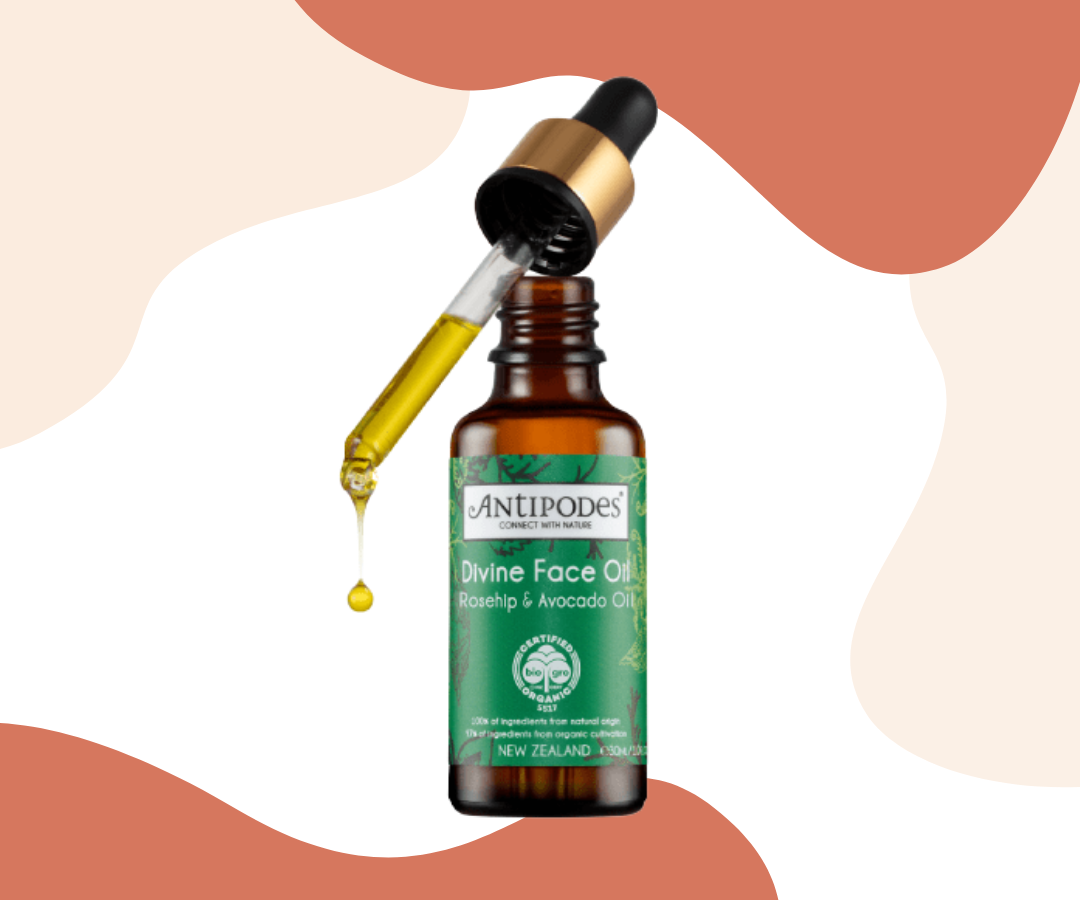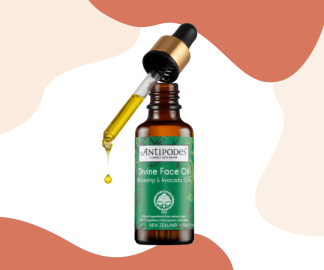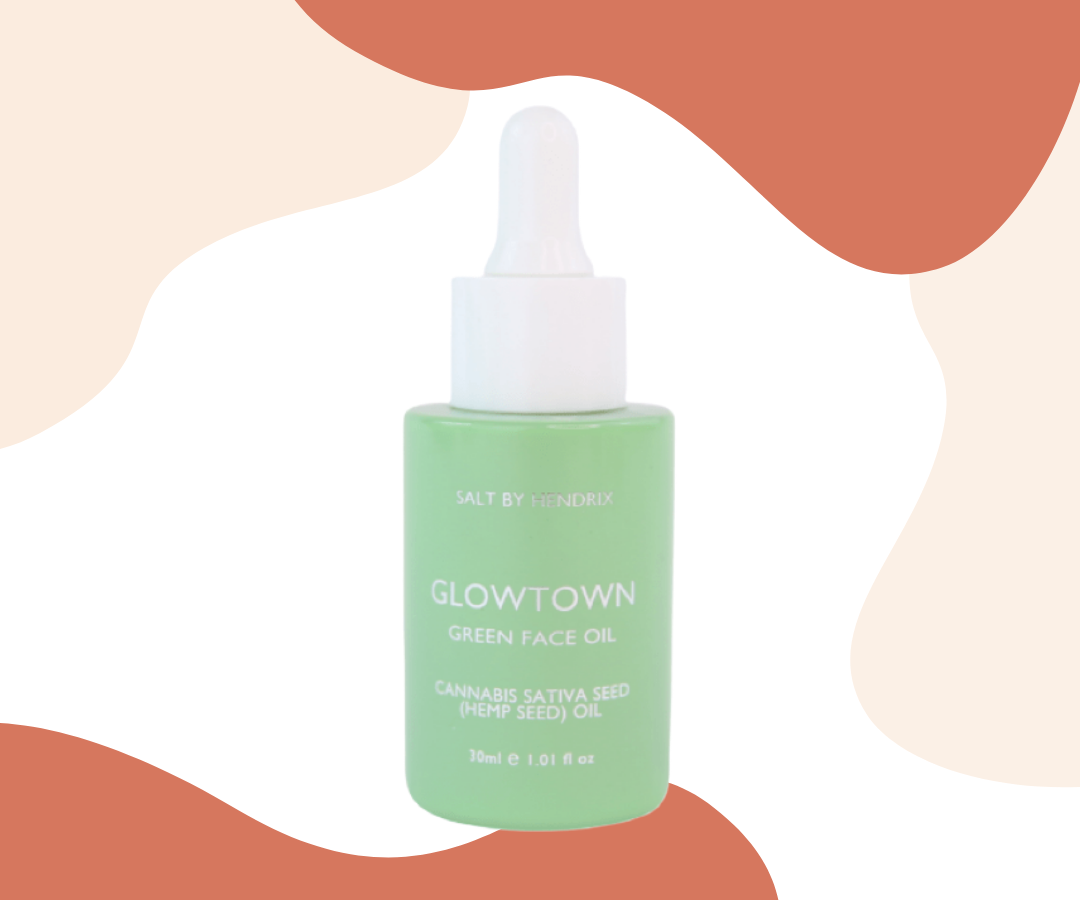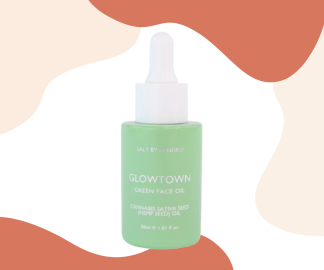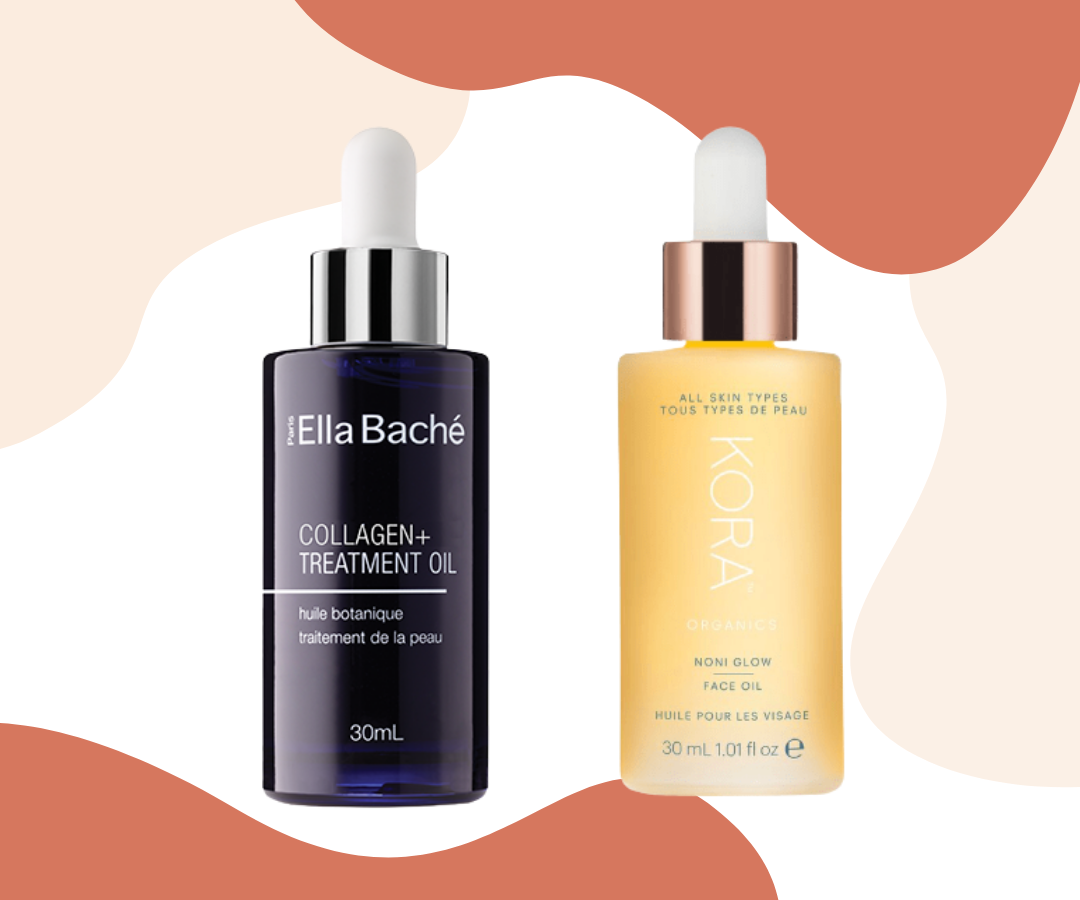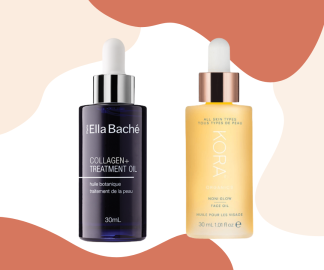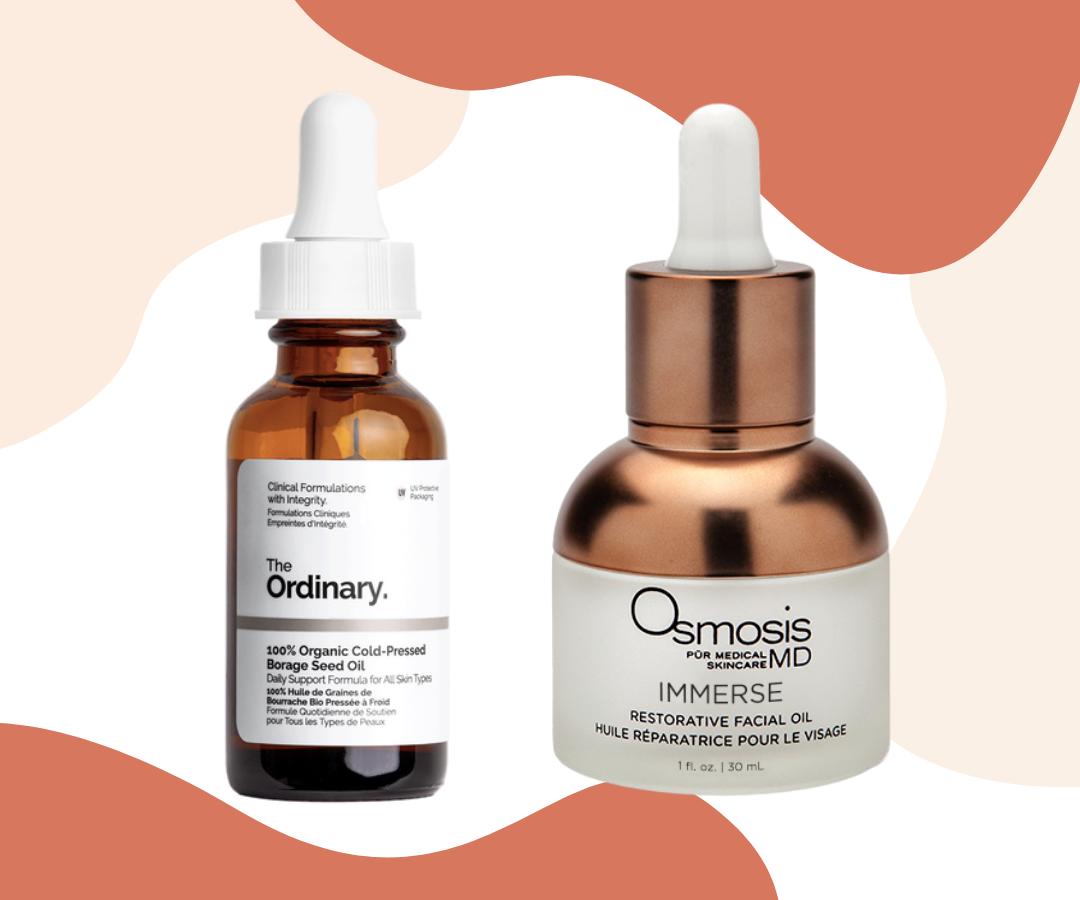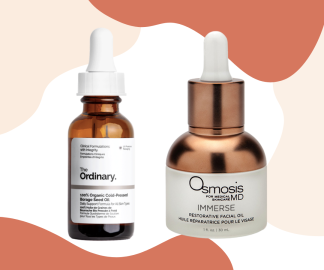How to Use Face Oil.
Facial oils come in varying levels of density.
Some are so thin, they absorb into the skin in seconds. Then, there are the thicker kinds that are great for facial massage and as a perfect final layer before bed.
Generally, you want to apply your skin care from thinnest to thickest in texture. Oils usually end up being the last step, as their primary function is locking everything in for a healthy skin barrier.
Whichever face oil one you pick, your skin will love the extra layer of protection.
How Should I Apply Facial Oil to Increase Absorption?
The No. 1 concern we hear regarding facial oils is whether they feel sticky. It's true that most facial oils take a little longer than moisturisers do to sink in. But if you're using the right oil, it definitely shouldn't look or feel as though it's coating your face. Follow these easy tips and you'll be glowing in no time.
Choose the right facial oil for your skin type. See below for the best facial oil for your skin type
Don't go overboard. Face oils are concentrated products, so you only need a small amount of face oil to reap the benefits, 2-3drops of face oil is plenty for the entire face.
Even application. Distribute the oil amongst your fingertips and then gently pat them over your skin. By placing the drops directly on the skin you run the risk of having the facial oil too concentrated in some areas.
Our final tip, use a little extra moisturiser after applying facial oil. this helps lock in the oil and increases absorption of the facial oil. (Don't let this confuse you. If you follow the skincare layering rule, then facial oil should always be applied after moisturiser, but by using a little bit more you can help increase absorption).
What Ingredients Should I Look For in a Facial Oil?
Looking for the best face oil ingredients? There are three kinds of ingredients in face oils that are very beneficial to the skin and often found at high quantities in facial oils:
Now we understand the basics of face oils, let’s look at what to look for when choosing the right facial oil for your skin type.
Face Oil for Oily Skin.
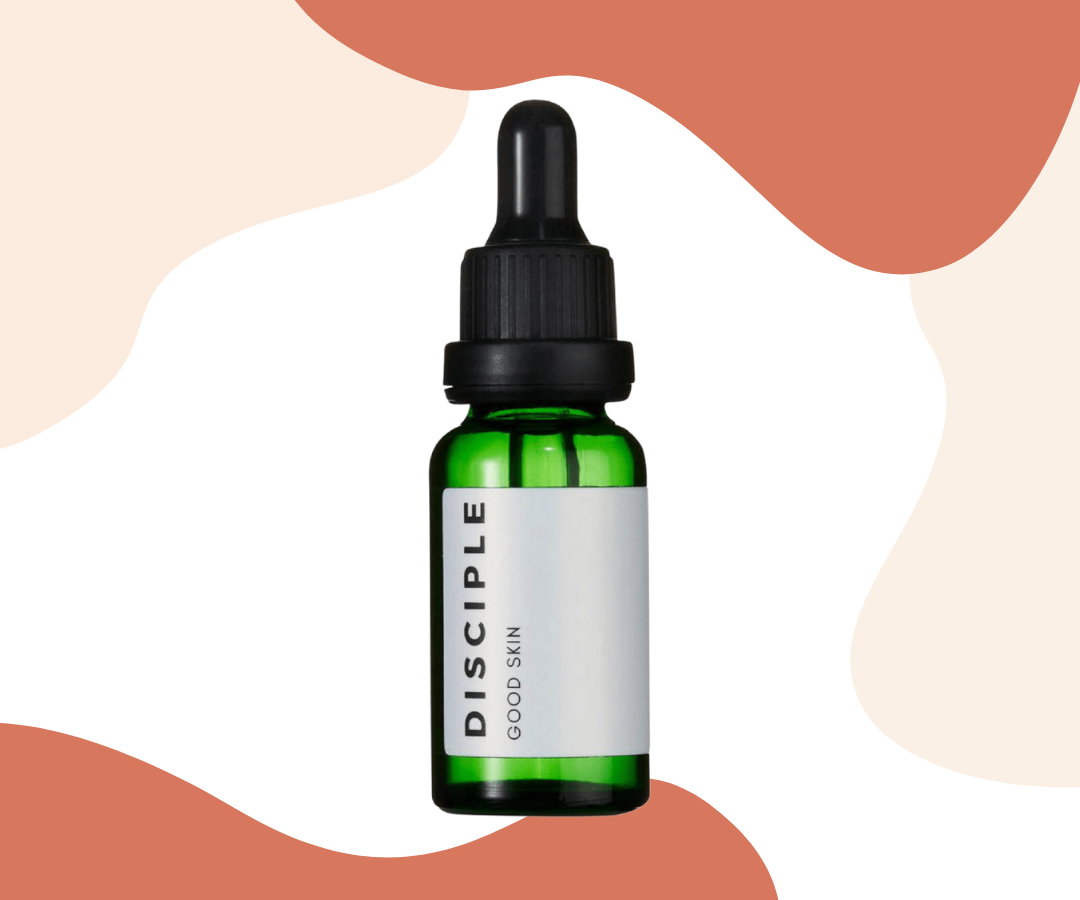
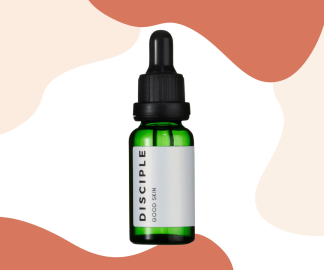
Can I Use a Facial Oil on Oily Skin?
Packed with conditioning omegas and protective antioxidants, facial oils have been a big hit on skincare shelves over the last few years. Not only do oils offer a concentrated dose of active ingredients, but they're also great at creating the luminous glow that only truly healthy skin has. Most people with oily skin make the mistake of thinking that oils are bad for oily skin, but on the contrary, oils can be very helpful when it comes to balancing an oily complexion.
TLDR: Oily skin actually needs oils that nourish, but also balance the skin.
Oily skin types tend to be deficient in essential fatty acids (EFAs), so you want to look out for face oils that contain rosehip, grapeseed, evening primrose, hemp seed, safflower, flaxseed and borage seed oils.
These have a concentration of 50 per cent EFAs, which is great for balancing sebum (oil) production while also nourishing the skin.
Best face oil for oily skin:
DISCIPLE Good Skin Face Oil-Serum
Disciple Good Skin is a great face oil for oily, acne-prone skin types.
It’s rich in EFAs, but also has prebiotic burdock root to balance the good bacteria on the skin while fighting bad bacteria that causes breakout.
Plus, turmeric oil helps to speed up the healing process on the skin.
Shop it here:
